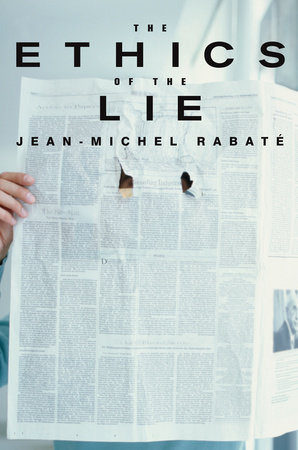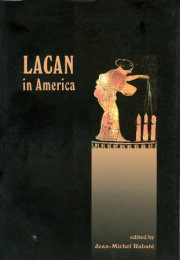Books for Native American Heritage Month
In celebration of Native American Heritage Month this November, Penguin Random House Education is highlighting books that explore Native American culture, history, and experiences. Browse our collection here: Books for Native American Heritage Month




